Home » Juvenile Detention Abuse Lawyer » Maryland Juvenile Detention Abuse
Juvenile detention centers in Maryland are intended to be rehabilitative spaces, where young people are guided toward reform and reintegration into society.
However, disturbing instances of abuse, neglect, and mistreatment within these facilities have emerged, casting a dark shadow over the Maryland juvenile justice system. When young people face abuse, they not only suffer immediate harm but may also experience long-term effects that shape the course of their lives.
For families dealing with the traumatic knowledge that a loved one has been abused in juvenile detention, knowing where to turn can be overwhelming.
TopDog Law offers a nationwide referral service, connecting families to experienced Maryland attorneys who deal with juvenile detention abuse cases. With the right legal guidance, families can seek justice, hold responsible parties accountable, and protect the rights of their loved ones.
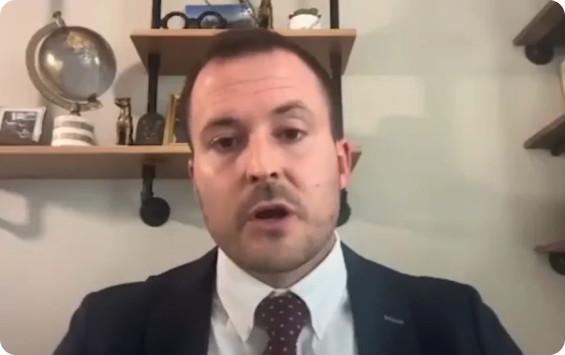
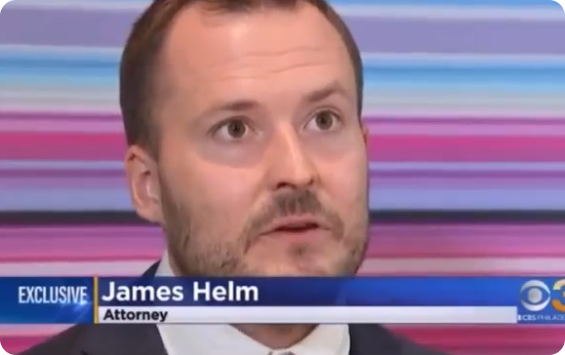

Maryland’s juvenile detention centers face a range of systemic challenges that contribute to abuse and mistreatment. The underfunding of facilities, lack of sufficient training for staff, and limited oversight have created an environment where young people are vulnerable to harm.
In recent years, reports of physical, sexual, and emotional abuse have surfaced from Maryland’s juvenile detention facilities, sparking concern among families, advocacy groups, and legal professionals alike.
The types of abuse occurring in juvenile facilities include:
These forms of abuse not only violate the rights of detainees but also undermine the primary purpose of juvenile detention: rehabilitation.
Young people who experience abuse in detention are more likely to suffer from long-term mental health issues, struggle with trust, and experience difficulties reintegrating into society.
In Maryland, the Department of Juvenile Services (DJS) oversees juvenile detention centers. The department ensures facilities operate within legal guidelines, provide adequate care, and offer educational and rehabilitation programs.
However, despite these mandates, systemic issues persist. Maryland has seen calls for reform, especially as high-profile cases of juvenile detention abuse have brought the issue to the forefront.
In recent years, Maryland has implemented measures to address some of these systemic issues, including increased oversight and new protocols to prevent abuse. However, these efforts have been limited in scope, and challenges such as understaffing and inadequate resources continue to create environments where abuse may occur.

Certain cases of juvenile detention abuse have garnered media attention, shining a light on the need for reform within Maryland’s juvenile justice system.
For example, reports of mistreatment at facilities in Baltimore and surrounding areas have led to investigations and policy proposals focused on improving the safety and welfare of detained youth.
Advocacy groups and families impacted by abuse are increasingly vocal, pushing for changes that will prevent future incidents of mistreatment.
While these cases have helped bring about some changes, progress is often slow, and further reform is needed to ensure that all Maryland juvenile detention facilities uphold the rights and safety of young people.
For families seeking justice, knowing that their loved one’s case may contribute to larger reform efforts can offer a sense of purpose.
For families with loved ones in a juvenile detention center, recognizing the warning signs of abuse is essential. Some signs are physical, such as unexplained bruises, cuts, or other injuries.
Others may be more subtle, manifesting as behavioral changes, emotional withdrawal, or expressions of fear or anxiety. Here are additional indicators that may suggest a youth is experiencing abuse:
Being aware of these signs can help families identify potential abuse early and take action. If any of these signs are present, families must pursue further investigation and seek the advice of a legal professional.
For families affected by juvenile detention abuse, navigating the legal process can be challenging. A Maryland-based attorney who is well-versed in juvenile detention abuse cases can provide essential guidance, helping families understand their legal options and pursue justice on behalf of their loved ones.
Maryland juvenile detention abuse lawyers in TopDog Law’s network have the experience and knowledge needed to build strong cases, gather relevant evidence, and advocate for victims’ rights.
Working with a qualified attorney offers families a way to seek compensation for the physical and emotional harm caused by abuse, as well as hold responsible parties accountable. Here’s what a local Maryland lawyer can assist with:
TopDog Law’s referral network connects families with lawyers who understand the unique challenges of juvenile detention abuse cases in Maryland, providing a pathway to justice and accountability.
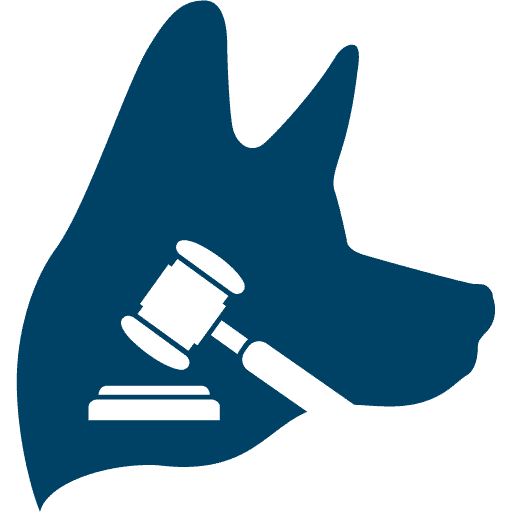
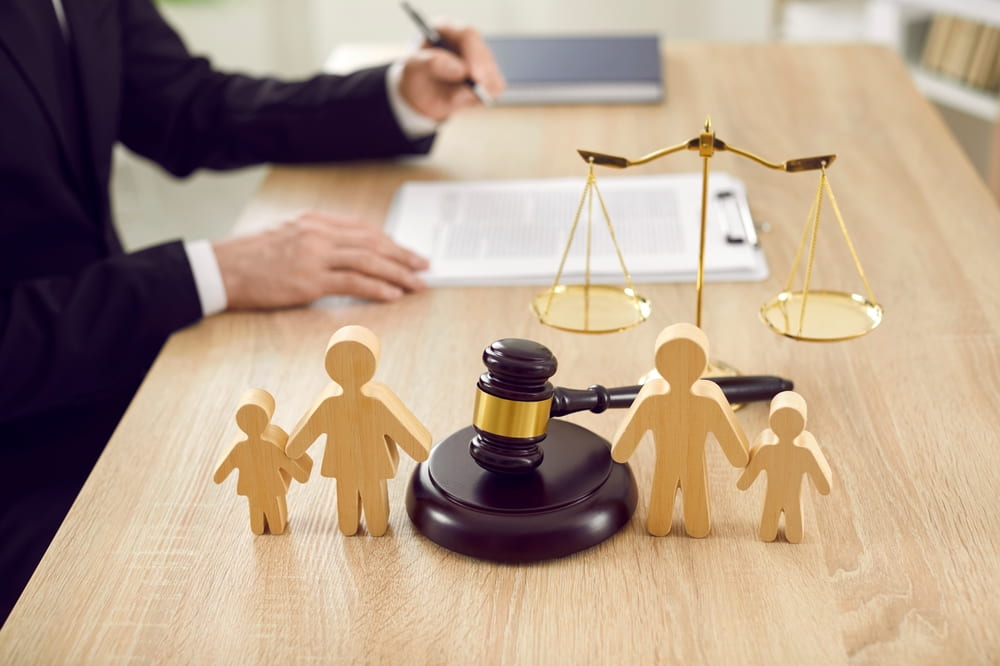
When abuse is suspected, families often feel a sense of urgency to protect their loved ones and seek justice. Here are essential steps that can help:
TopDog Law’s network of legal professionals provides families with access to attorneys who are experienced in handling Maryland juvenile detention abuse cases.
As a nationwide referral network, TopDog Law evaluates initial claims and connects families to Maryland-based lawyers who have the tools and resources needed to handle juvenile detention abuse cases.
By working with TopDog Law’s network, families benefit from the peace of mind that they will be connected to a qualified local lawyer who understands the complexities of juvenile detention abuse cases and can help them seek justice. This service is invaluable for families facing the emotional and logistical challenges that come with pursuing legal action.
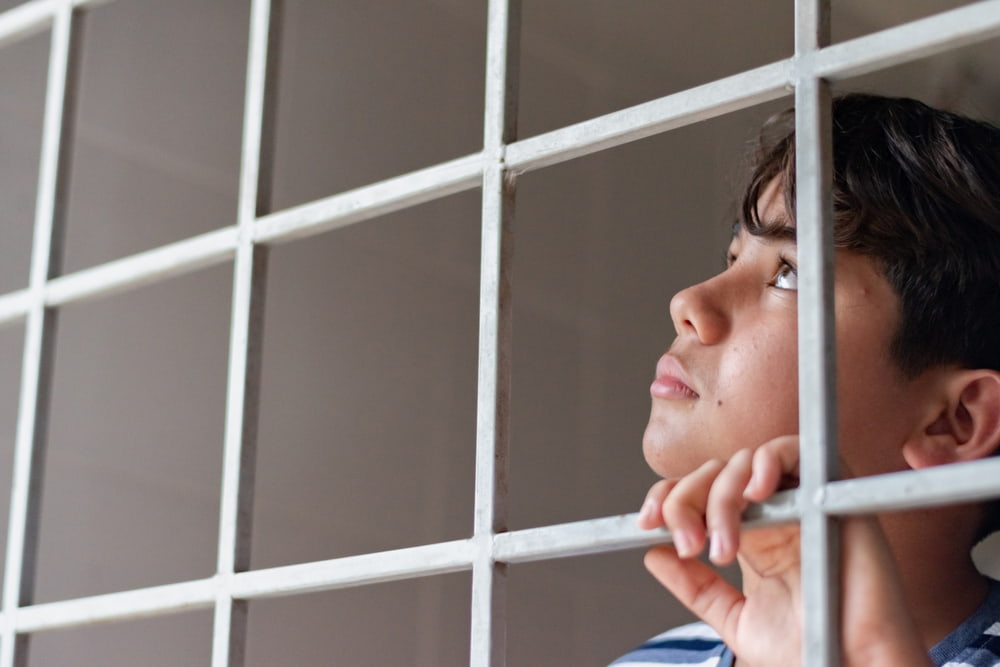
Abuse in juvenile detention facilities can take many forms, including physical abuse, sexual misconduct, emotional abuse, neglect, and denial of basic needs. Unfortunately, some young people in these facilities experience mistreatment at the hands of staff members or even fellow detainees. If you suspect abuse, it’s essential to seek help from a qualified attorney who can guide you on how to protect your loved one’s rights.
If you suspect abuse, document any signs of injury or behavioral changes, seek medical and psychological evaluations for your child, and consider filing a formal complaint with the facility or relevant authorities. Additionally, contacting a lawyer who is experienced in juvenile detention abuse can help you understand your legal options and begin taking steps toward justice.
TopDog Law is a nationwide referral network that connects families with qualified Maryland attorneys experienced in juvenile detention abuse cases. TopDog Law assesses the initial claim and connects you with a Maryland-based lawyer who understands the complexities of juvenile justice and abuse cases, giving your family the legal guidance needed to pursue justice.
Warning signs of abuse can include unexplained physical injuries, sudden changes in mood or behavior, reluctance to communicate about their experience in detention, and frequent complaints of sickness or poor hygiene. If you notice any of these signs, you may want to investigate further and consider seeking legal advice.
Yes, in many cases, families can pursue legal action against a juvenile detention facility if there is evidence of abuse, neglect, or other mistreatment. A Maryland juvenile detention abuse attorney can help you determine if you have grounds for a lawsuit and guide you through the legal process.
Victims of juvenile detention abuse may be eligible for compensation to cover medical expenses, therapy costs, emotional suffering, and other related damages. The exact amount and type of compensation will depend on the specifics of the case. A Maryland attorney in TopDog Law’s network can help you understand what compensation may be available in your case.
Maryland has specific statutes of limitations that dictate how long you have to file a lawsuit. The timeframe can vary depending on the nature of the abuse and other factors. It’s advisable to contact a lawyer as soon as possible to ensure you don’t miss any critical deadlines.
Yes, in addition to legal support, there are mental health resources and trauma-informed services that can provide your child with the care they need. A qualified attorney can often recommend additional support services and resources to help your child begin the healing process.
The abuse of young people in Maryland juvenile detention facilities is a serious issue that requires immediate attention and accountability. For families affected by abuse, seeking justice can feel overwhelming.
However, with the help of TopDog Law’s network, families have a pathway to connect with Maryland attorneys who are experienced in handling juvenile detention abuse cases.
Give us a call at 443-920-7661 to discuss your case today.

1 South St, Suite 2125A
Baltimore, MD 21202
TopDog Law is known for its relentless pursuit of justice. Our experienced team fights tirelessly to secure maximum compensation for our clients, ensuring every case is handled with dedication and determination.
We understand the emotional and financial toll that personal injuries can take. That’s why we prioritize open, compassionate communication and provide tailored support throughout the legal process. With free consultations and a contingency fee model, you won’t pay a dime unless we win your case.
With TopDog Law on your side, you can rest assured that you have a tenacious, experienced team fighting to get you the compensation you deserve, no matter where you’re located.
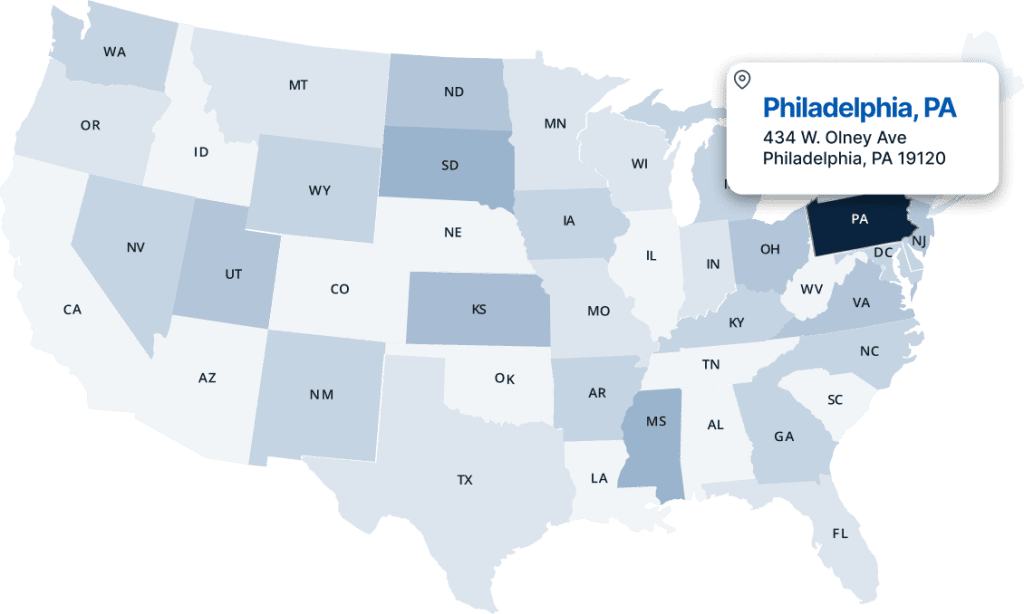
TopDog Law is a national marketing network for law firms, including Helm Law Group, LLC, which license the TopDog Law name and separately operate in states where they are each licensed. James Helm is licensed to practice in Arizona and Pennsylvania. Helm Law Group, LLC operates in Arizona.
3225 Cumberland Blvd, Ste 100
Atlanta, GA 30339
1 South St, Suite 2125A
Baltimore, MD 21202
950 22nd Street N. Suite 600
Birmingham, AL 35203
2101 Corporate Blvd NW #410
Boca Raton, FL 33431
361 Newbury Street, 3rd Floor
Suite 310
Boston, MA 02115
305 E 204th St.
Bronx, NY 10467
215 E 5th St, Unit 1 Suite 400-3
Brooklyn, NY 11218
1207 Delaware Ave, Suite 012
Buffalo, NY 14209
101 N Tryon St. Suite C
Charlotte, NC 28246
6343 S Western Ave.
Chicago, IL 60636
2215 E 9th St, Suite A
Cleveland, OH 44115
4750 44th Place, Suite 120-P23
Phoenix, AZ 85040
1300 S Polk St Suite 295B
Dallas, TX 7522
66 S Logan St Suite B
Denver, CO 80209
645 Griswold Street, Suite 1309
Detroit, MI 48226
2925 Richmond Ave., Suite 1560A
Houston, TX 77098
863 Massachusetts Ave 2nd floor Suite B
Indianapolis, IN 46204
317 E Capitol St suite 200C
Jackson, MS 39201
1505 Dennis Street, 1st Floor, Office 102
Jacksonville, FL 32204
759 Parkway St Suite 202,
Jupiter, FL 33477
1701 Troost Ave suite 202b
Kansas City, MO 64108
800 South Gay Street
Knoxville, TN 37902
#8 Shackleford Plaza, Suite 304
Little Rock, AR 72211
8124 W 3rd St, Suite 201
Los Angeles, CA 90048
3385 Airways Blvd Unit 301F
Memphis, TN 38116
1840 Pyramid Pl Suite 321
Memphis, TN 38132
1433 N Water St Suite 400D
Milwaukee, WI 53202
201 St. Charles Ave, Suite 2500, Office 2544A
New Orleans, LA 70170
600 Mount Prospect Avenue, Suite A
Newark, NJ 17104
66 Franklin St, Suite 300C
Oakland, CA 94607
5627 Germantown Ave Suite 420
Philadelphia, PA 19144
2700 N Central Ave Suite 320B
Phoenix, AZ 85004
10000 N 31st Ave Suite D304L
Phoenix, AZ 85051
6425 Living Place, Suite 200B
Pittsburgh, PA 15206
1917 Bull St
Savannah, GA 31401
4625 Lindell Blvd Suite 200 & 300C
St. Louis, MO 63108
400 N Ashley Dr Suite # 1900
Tampa, FL 33602
5055 E Broadway, Suite C215-228
Tuscon, AZ 85711
1150 Connecticut Ave NW, Suite 802B
Washington, DC 20036
6832 W North Ave Suite 2A
Chicago, IL 60707
515 N Flagler Dr
West Palm Beach, FL 33401
3509 Haverford Ave, Suite 102
Philadelphia, PA 19104
Copyright 2025 All Rights Reserved © TopDog Technologies, Inc. and Helm Law Group, LLC
403 Olde House Lane Media, PA 19063

Existing clients can call (877) 541 1203 if you have questions about your case.